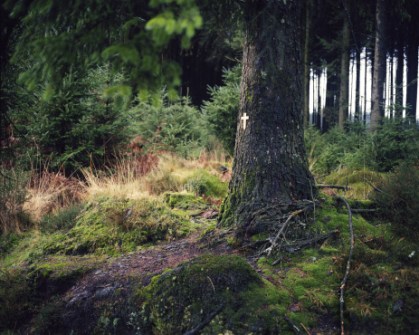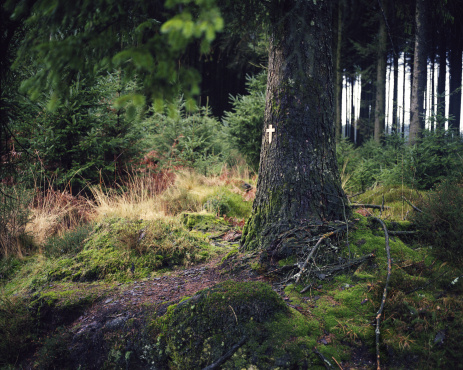
Oregon Public Broadcasting's "Think Out Loud" asked last week "Are you an evangelical Christian? How do you see yourself represented in the media, and what do you see as the future of your faith?"
Be sure to listen at the link above.
Their highlight voice in the show is Tom Krattenmaker, an author and USA Today religion writer who thinks that an identity shift as large as the Protestant Reformation is underway in American faith. Krattenmaker is joined by a live audience, and prominent Portland evangelicals including Rick McKinley and Kevin Palau.
Krattenmaker is, in some sense, the Jane Goodall of evangelicalism: a sympathetic observer, but clearly outside the population he's studying. His new book, The Evangelicals You Don't Know, is a kind secular view of our community, but again, outside.
Of the book, OPB says "The assumption implicit in the title is that the reader has a preconceived notion of what evangelical Christians look like. They're often stereotyped as narrow-minded and myopically focused on hot-button social issues like abortion and gay rights. The "new" evangelicals in his book — some of whom we'll meet on the show — are open-minded and are championing causes like education and climate change."
"Evangelical Christianity in this country is undergoing a really important set of changes." Krattenmaker says in the show. "And I really hope that my fellow secular/progressive type people, including people in the media, begin to update their understanding of what's happening with this influential sector of our population known as evangelical Christians."
Many interesting quotes. Well worth a full listen.
Are we at a crossroads of Christian cultural identity as big as Krattenmaker asks? What does "evangelical" mean today?
Kevin Palau nails it at the end of the session, saying that what Krattenmaker is observing isn't "new" at all, but a reclamation of ancient faith"
"We're not claiming to be doing anything new" Palau says. "We're trying to recover true, more ancient Christianity that didn't bifurcate proclamation and social justice living it out. We would say that it's been more modern American Christianity that's separated the two. Jesus modeled word and deed."









